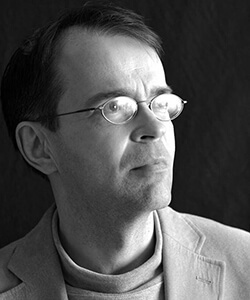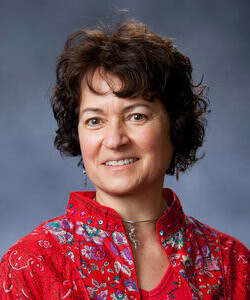Summary

In this lecture, Kristjánsson argues for and elaborates upon two conclusions: a) Scientific practice can, and should ideally cultivate moral virtues in its practitioners (in addition to more obvious intellectual virtues such as wonder), specifically the moral virtue of awe; b) Science education can and should ideally inspire in students love of transcendent ideals, such as truth, and introduce them to morally relevant awe experiences when such ideals are fathomed. This is true for both budding scientists and budding interested lay people: future friends rather than foes of scientific inquiry. He will explore why these conclusions are radical and will remain controversial and examine the importance of the subtle differences between wonder and awe. Although his arguments may seem a rehearsal of the time-honoured view that all good education should help students see the world anew, what is radical and controversial is the claim that this cannot be done through the elicitation of mere wonder as an intellectual virtue, and that even education in the apparently down-to-earth subject matter of the natural sciences should aim higher than that. Seeing the world anew is not only about seeing external reality anew – this flower, that galaxy – but about seeing ourselves anew in light of, and as part of, that reality, and allowing ourselves to become lost in rapture as we grapple with the existential and moral ramifications of our being in the world.
Speaker
Professor Kristján Kristjánsson (Ph.D., University of St. Andrews) is Deputy Director of the Jubilee Centre for Character and Virtues, and Professor of Character Education and Virtue Ethics at the University of Birmingham, UK. His interests lie in research on character and virtues at the intersection between moral philosophy, moral psychology, and moral education. His publications include Aristotelian Character Education (Routledge 2015), which won the British Society for Ethical Studies Prize as the Best Education Book published in the UK in 2015, Virtuous Emotions (Oxford 2018), and Virtues and Vices in Positive Psychology (Cambridge 2013). In 2011, Kristjánsson was awarded the Ása Wright Award, the most prestigious award given annually to an Icelandic scholar. In addition to leading a number of the Jubilee Centre’s flagship projects, he oversees all research activities at the Centre. As a member of various international organisations and editorial boards, Kristjánsson collaborates with colleagues in Asia, Europe, and the USA on issues relating to the cultivation of virtuous character.
Respondent

Darcia Narvaez is a Professor of Psychology at the University of Notre Dame. Her current research explores how early life experience influences societal culture, wellbeing, and moral character in children and adults. She integrates neurobiological, clinical, developmental, and education sciences in her theories and research about moral development. She publishes extensively on virtue development, parenting, and education, and the Evolved Developmental Niche (nest). She hosts multiple interdisciplinary conferences on evolution, early experience, and flourishing and is the author or editor of dozens of books, chapters, and articles. One of her books, Neurobiology and the Development of Human Morality: Evolution, Culture and Wisdom, won the 2015 William James Book Award from the American Psychological Association and the 2017 international Expanded Reason Award. She is a fellow of the American Psychological Association and the American Educational Research Association and former executive editor of the Journal of Moral Education. She also writes a popular blog for Psychology Today called “Moral Landscapes.”
Free and open to the public. Registration through Eventbrite required.
Location
University of Notre Dame (U.S.A.) in England
1-4 Suffolk Street
London, SW1Y 4HG
This event is a part of the Practicing Science: Virtues, Values, and the Good Life conference. It is made possible by support from the Templeton Religion Trust.
Originally published at ctshf.nd.edu.